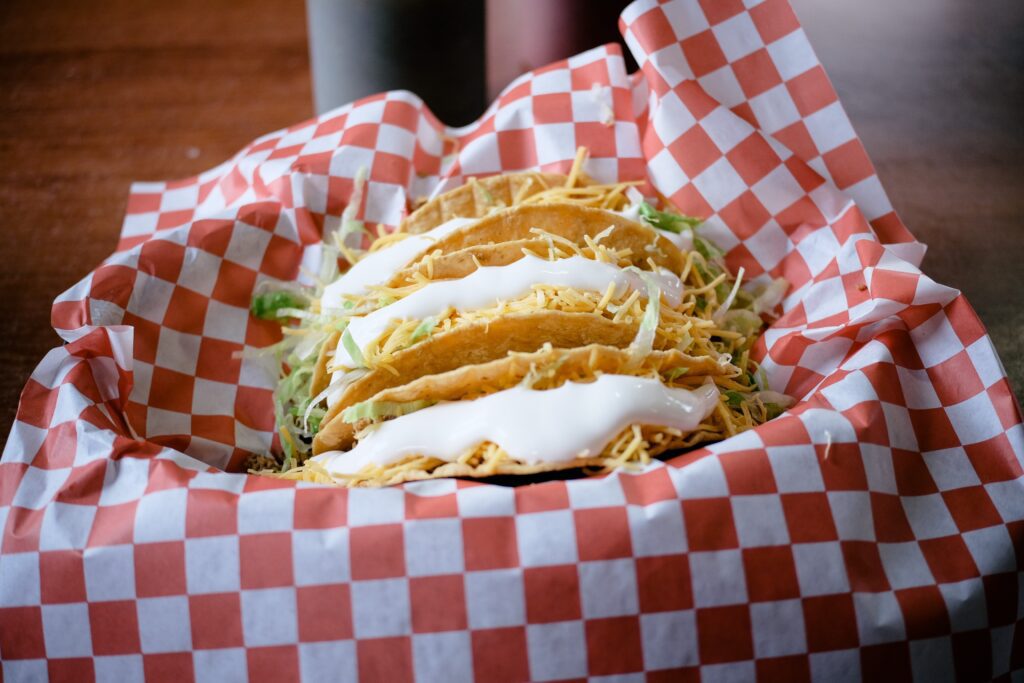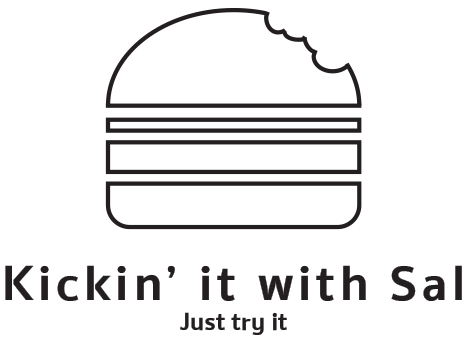
Can one culturally appropriate food?
Well, if so, every society would be guilty of it. But was it right? Honestly, I am not sure how I feel about this subject, but let’s discuss it by presenting two views.
Take a look at the very popular grape leaves. So many countries claim this dish as their own, but the exact place of its origin is truly a mystery. It had to originate from somewhere. Was it Greek, Turkish, Persian, Egyptian, Lebanese, or Armenian? This dish traveled a great distance; that’s the truth. But that’s the beauty of food—it travels. It has no boundaries. But would it have been nice if the people who adopted it could have at least acknowledged where it came from? Mehbe.
We see terms like Asian fusion or TexMex springing out left and right. Honestly, I am here for the food, but it does make me wonder if it’s “right.” Taco Bell was started by a white man in 1951 who capitalized on Mexican cuisine. But was it right, though? Glen Bell had the advantage of capitalizing on his whiteness, meaning better access to loans, networks, and communities. I would say this concept could apply to any country that has a marginalized minority. Whether it be a Saudi Arabian opening up a Pakistani restaurant in Saudi Arabia or a French person opening up a Middle Eastern restaurant. Do any first-gens remember when your peers thought your lunch was weird until white Americans began popularizing and accepting your culture’s food? I can see how that is cultural appropriation.
But then there’s the other side of the story, which is virtually every cuisine is appropriated. Let’s take Koshari, the national dish of Egypt. It is known to have originated in India and brought over by the British during British colonization. Over the years, Koshari has been Egyptianized. Is this wrong, though? Tomatoes, hot peppers, and potatoes were all from the Americas, but does that mean that other societies using them are culturally appropriating? Or could we call this evolution instead?
There are many wonderful spices and techniques from across the world, and it would be a crime to not learn to fuse flavors that work together. This is the best thing about the US. Our diversity naturally leads to experimentation. Sometimes it’s because something else can’t be found, so people have to create substitutions.
Food has no boundaries. What do you think?

